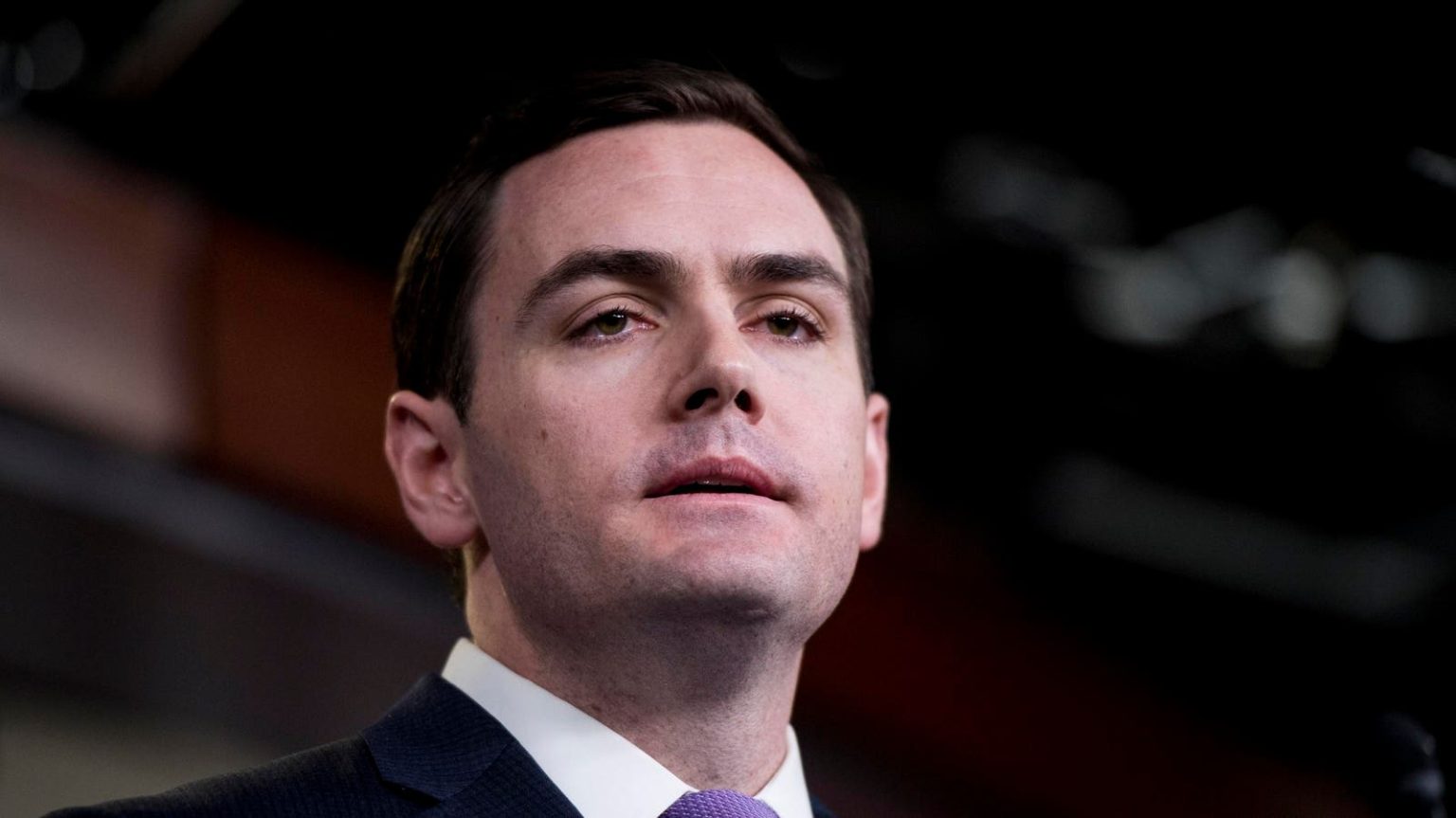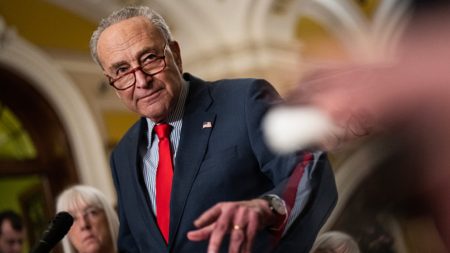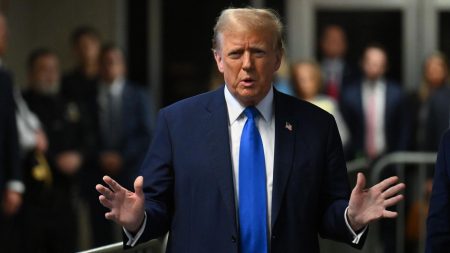In a world where crises are the state’s oxygen, politicians are always looking for opportunities to enhance their power. Washington is known for being in a constant state of crisis over issues like climate change, debt, exports, and social media sites like TikTok. Despite Americans freely choosing to use TikTok for entertainment, business growth, and information, politicians are now labeling it as a crisis due to the Chinese ownership of ByteDance, the company behind TikTok. This sudden shift in attitude showcases the political class’s inconsistency and hypocrisy when it comes to freedom of speech and information.
Conservatives who have previously championed free speech absolutism are now calling for the banning of TikTok based on their belief that it spreads the wrong kind of information. This situational approach to free speech raises questions about the true motives behind the crackdown on TikTok and whether it is politically driven. Despite the concerns raised by critics about TikTok’s influence on political persuasion, its popularity among young people suggests that users are not there for political content.
Critics of TikTok often argue that it is largely patronized by young people, which raises questions about the national security angle used to justify banning the app. If the real concern is protecting young users from harmful content, conservatives should focus on empowering parents to set limits and rules for smartphone usage, rather than advocating for government intervention. Individual choice and parental guidance should take precedence over blanket bans on apps like TikTok, especially when there is no concrete evidence of a crisis that warrants such drastic measures.
It is important to acknowledge the role of parents in guiding their children’s online behavior and ensuring they are exposed to appropriate content. If TikTok is indeed causing negative outcomes for young users, parents have the responsibility to set boundaries and monitor their children’s internet usage. Rather than relying on government intervention to dictate what platforms young people can access, parents should take an active role in guiding their children’s online experiences.
In conclusion, the debate over TikTok reveals a larger issue regarding the balance between freedom of speech, parental responsibility, and government intervention. Conservatives who traditionally oppose victimhood and support individual freedoms should prioritize empowering parents to guide their children’s online behavior rather than advocating for blanket bans on popular apps. The alleged crisis surrounding TikTok may be more about political control and fearmongering than a genuine concern for young users’ well-being, highlighting the need for a thoughtful and balanced approach to regulating online content.















